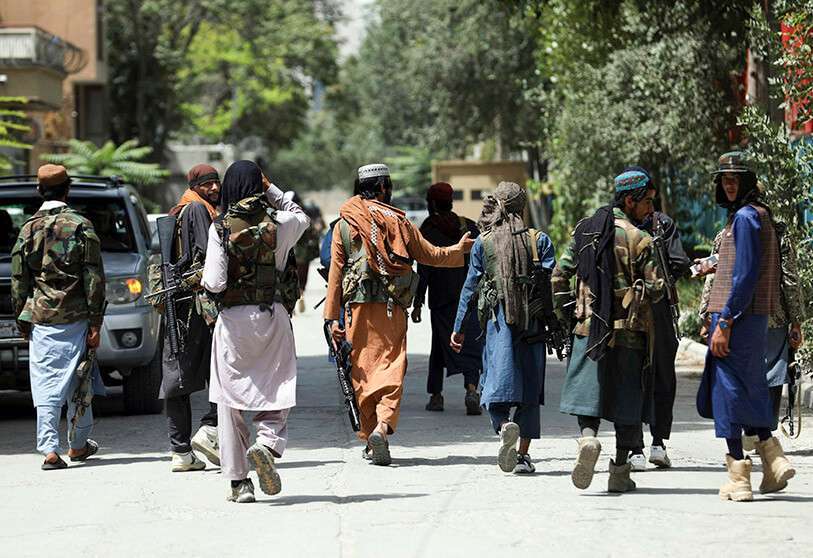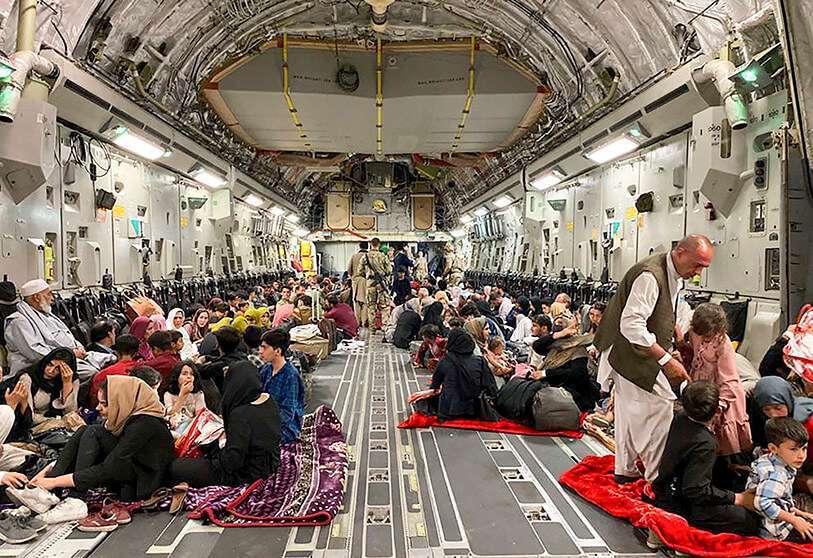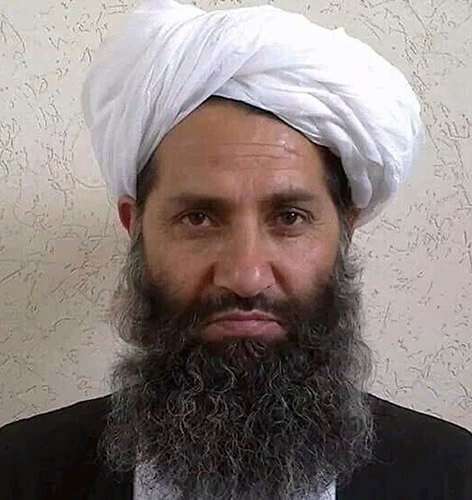Taliban among powers

The image of failure conveyed by the violence in Kabul and the scenes of fear and social chaos provoked by the definitive withdrawal of the United States and the international coalition from Afghanistan is undeniable. The strategy of nation-building on the rubble of a war against jihadist terrorism based on Afghan territory and protected by the Taliban regime has finally failed in 2021, with the withdrawal to the Middle East and Central Asia that Obama began in 2014, continued with Donald Trump and has been taken over by Biden. But the errors in the determination of some of the objectives of that neo-conservative strategy in 2003 and the miscalculations about the precipitation of events in Afghanistan now cannot forget that the priority objective of the US and international intervention, with Spanish troops present, was to fight jihadism on its terrain in order to weaken and defeat the main groups, Al-Qaeda, and terrorist leaders, Osama bin Laden. The success of those counter-terrorism efforts was progressively obscured by the attempt to build a state on the ruins of a tribal country morally weakened by violence and ideological and fundamentalist repression.

The change in US security strategy in 2017, which prioritises rivalry with China and establishes inter-power competition as the new framework for foreign relations, is at the root of this movement of forces and resources, the consequences of which are being felt today in Kabul, but which will continue in new and different political and tactical forms in the region. Afghanistan continues to be observed as a geopolitical interest, but from now on, from 2017 in fact, it is being confronted from other parameters. The Taliban guerrillas have been aware of this change, have negotiated with the Americans, have received support in Pakistan, have met with China and Russia and are heading towards a future that is completely unknown to them.

Who are the Taliban, asked the headline of a New York Times report this week, to explain to the public how this Sunni fundamentalist group, activated as an anti-Soviet guerrilla, builder of a regime of terror together with Al-Qaeda in the 1990s, and reactivated as an insurgent guerrilla in the last 20 years, is going to take power in the geopolitical scenario of Afghanistan. And who its leaders are today. And whether they can be expected to pursue a policy different from that of yesteryear, fundamentalist in its application of Shari'a and stormy in its systematic discrimination of women and other human rights.

The answer is not very hopeful. Haibatullah Akhundzada, supreme leader of the movement, sacrificed his son in a suicide bombing; Abdul Gani Baradar, negotiator with the Americans and political leader, spent years imprisoned in Pakistan itself; Sirajuddin Haqqani, liaison with the Sunni Gulf monarchies, maintains contacts with Pakistani intelligence, and thus fills relations with India with uncertainty; and Mullah Muhammad Yakoub is the son of the obscure Mullah Omar and represents an important religious influence. Among other leaders in this complex, violence-radicalised, tribal world, today's Taliban apparently do not represent very different choices from those that pitted them against the liberal order.

But the world of 2021 is different. The Gulf monarchies have softened their ideological stances and strengthened their alliance with the US to change their image and fundamentalist dynamics. They maintain their rivalry with Iranian fundamentalism, which could turn the future Afghanistan into another piece of the anti-Shia envelope along with Pakistan, and thus an element of pressure against Iran. But pending the Iranian regime's moves, such a Sunni alliance would also clash with India's interests and security.

China and Russia appear to have moved ahead in their talks with the Taliban. Strategic and commercial interests put the Chinese on a chessboard they did not want to know too much about. Pakistan maintains a certain equidistance in its relations with China and the United States that could help the rise of the guerrillas, while China cannot be unconcerned about the establishment of an Islamist regime on its border with Afghanistan, with Chinese Muslim Uighurs unprotected in their rights and beliefs. Russia has a similar uncertain and expectant view of the process, with the dismemberment of the Soviet system in memory precipitated by another strategic error in invading Afghanistan after the triumph of the Iranian revolution in 1979.

It cannot be ruled out that the arrival of the Taliban does not mean the end of instability, nor does it mean the victory of fundamentalism. Rather, it is the start of competition between powers in the Central Asian region. A competition from which the United States has not withdrawn. On the contrary, a competition for which it has established a new strategy.

